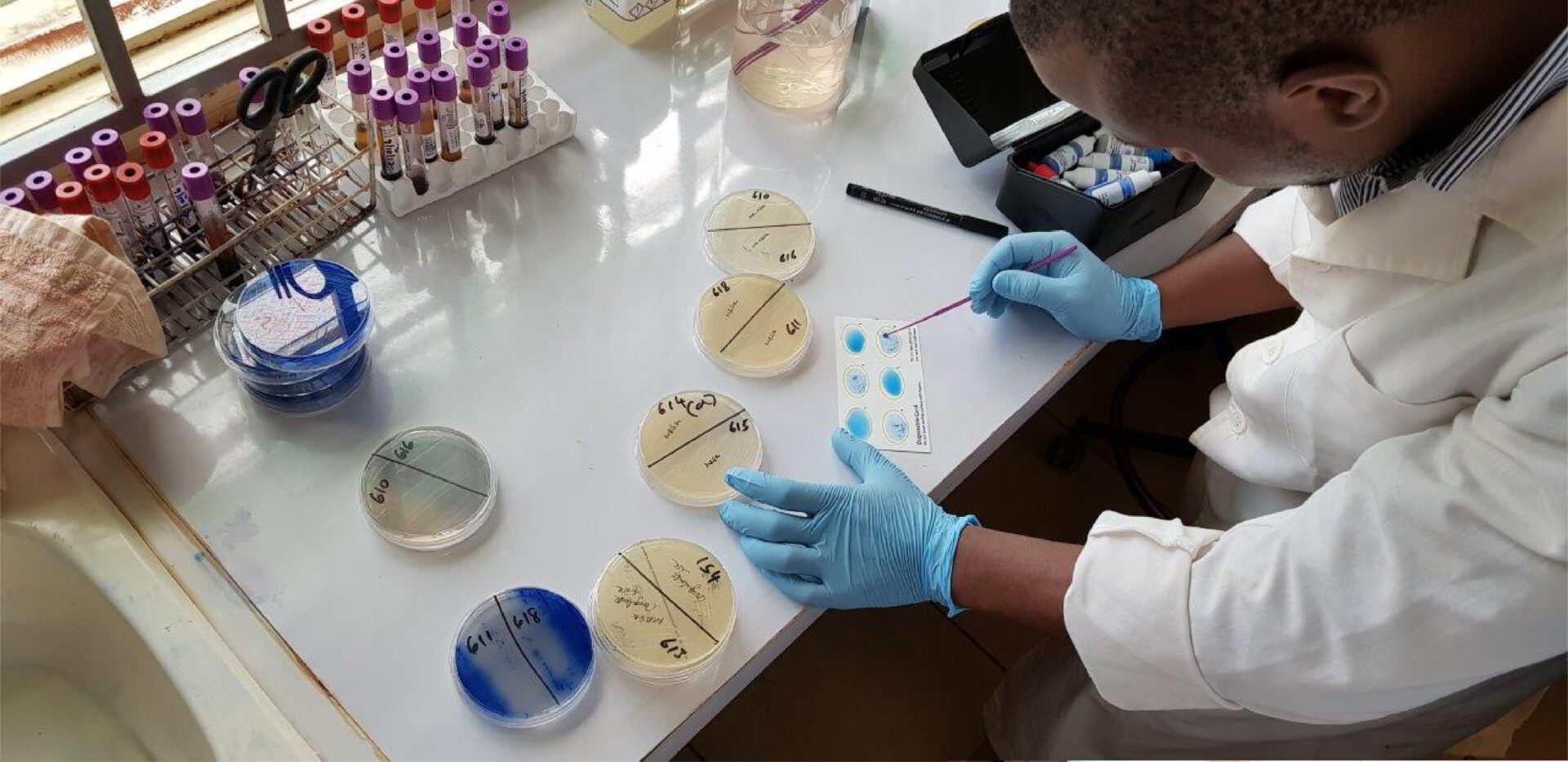The Key Role of Veterinary Labs in Pet Health Management
The Key Role of Veterinary Labs in Pet Health Management
Blog Article
Keeping your pets healthy, lab tests for pets makes a big difference. Pet diagnostic labs assist in diagnosing illnesses for domestic animals like dogs and cats.
Throughout this resource, we’ll discuss the value of routine pet exams and review common procedures.
What Are Veterinary Laboratories?
Veterinary testing centers examine biological specimens to provide valuable data. These labs use advanced technology to deliver reliable diagnostics.

Core responsibilities of veterinary labs include:
- Spotting health issues early: Improves recovery chances.
- Tracking chronic diseases: Supports long-term health strategies.
- Adjusting medications as needed: Ensures therapies are working.
Common Veterinary Tests for Dogs and Cats
Pet testing services specialize in diverse diagnostics to ensure pets are thriving. Popular exams include:
- Hematology screens: Assess organ function.
- Kidney function tests: Check for diabetes.
- Stool analysis: Check for dietary issues.
- Allergen identification: Improve coat health.
- Imaging diagnostics: Spot tumors.
análise laboratório veterináriolaboratorio veterinario
The Benefits of Regular Veterinary Testing
Ongoing health assessments keeps your pets in optimal condition. Through timely detection of health issues, their overall health improves.

Other advantages include:
- Longer, healthier lives: Detecting and treating conditions early helps pets live longer.
- Cost-effective care: Addressing small problems early saves on emergency care.
- Peace of mind for pet owners: Stay informed about their health.
Conclusion: The Value of Veterinary Labs for Pet Health
Animal health testing facilities provide vital support to vets in supporting their health journey. By scheduling regular tests, you’re giving your pets the best chance at a happy, healthy life.
Talk to your veterinarian about testing options to protect their future!
Report this page